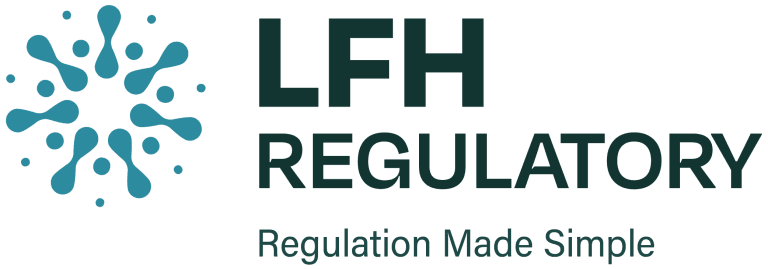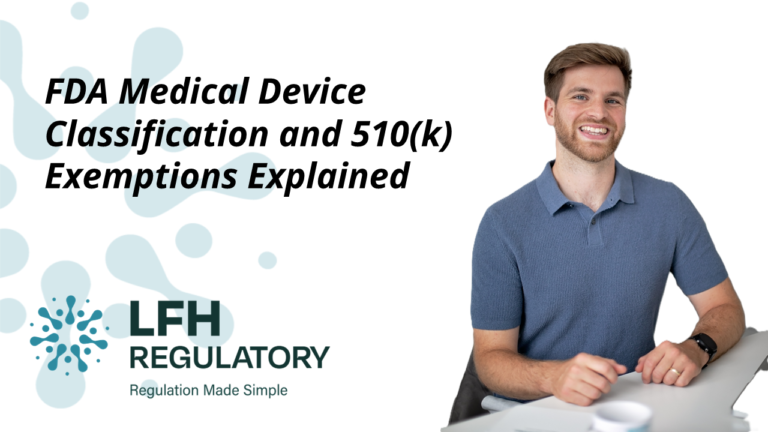In the unfortunate event that your medical device company ceases to trade or faces bankruptcy, it’s crucial to understand the implications, especially in terms of compliance with the EU Medical Device Regulation (MDR) 2017/745 and the EU In Vitro Diagnostic Regulation (IVDR) 2017/746. These regulations stipulate specific administrative requirements that businesses must adhere to, even if they cease operations.
What Does it Mean for Your Business?
Under the MDR and IVDR, manufacturers are required to retain key documentation should their business go bankrupt or cease trading. This ensures that regulatory authorities have access to necessary information related to the medical devices that were placed on the market.
What Documents Must Be Retained?
If your medical device company goes bankrupt or ceases to trade, certain documents must be kept in accordance with Annex IX of the MDR/IVDR, which outlines the requirements for retaining critical business documents. These documents include, but are not limited to:
- EU Declaration of Conformity: The document stating that your device complies with EU regulations.
- Technical Documentation: Including design dossiers, risk management files, and clinical evaluation reports.
- Quality Management System (QMS) Documents: This includes your quality manual, procedures, policies, and related documents.
- Substantial Changes Documentation: Evidence of any significant changes made to the devices, with proof that the notified body has been informed.
- Audit Reports: Plans, reports, and other audit-related documents related to the device.
How Long Should These Documents Be Retained?
The regulations specify the following retention periods for keeping documents after the last device was placed on the market:
- For general medical devices (MDR 2017/745): Retain for 10 years.
- For implantable devices (MDR 2017/745): Retain for 15 years.
- For in vitro diagnostic devices (IVDR 2017/746): Retain for 10 years.
Who Is Responsible for Retaining These Documents?
Your company must decide who will be responsible for maintaining these documents after the business ceases trading. A good practice is to appoint an EU Authorised Representative (EUAR) or an external consultant to take responsibility for keeping the documents safe. This plan should be set up while your business is still operational, and funds should be allocated to cover any costs associated with document retention.
Who Needs to Be Informed?
In the event of bankruptcy or the cessation of trading, there are specific parties that must be notified to ensure that everything is properly managed. These include:
- Notified Body: The body responsible for certifying your devices.
- Competent Authorities: The regulatory authorities in the markets where your products are sold.
- Appointed Solicitor: Legal advice and support are essential during this time.
- EU Authorised Representative (EUAR): The EUAR must be informed if they are handling your regulatory compliance.
- Insurance Companies: Notifying insurers of any changes or business cessation.
- Affected Customers: Informing customers, distributors, and importers about the cessation of business operations.
How LFH Regulatory Can Help
At LFH Regulatory, we understand the complexities involved in maintaining compliance with medical device regulations, especially in challenging situations like bankruptcy or business cessation. Our team of experts can help you create a contingency plan to ensure that your documentation is retained in line with regulatory requirements.Get in touch with us today for a no-obligation consultation at +44 1484 662575 or via email at info@lfhregulatory.co.uk.
References
- EU In Vitro Diagnostic Regulation (IVDR) 2017/746 of the European Parliament and of the Council of April 5, 2017, on in vitro diagnostic medical devices
- EU Medical Device Regulation (MDR) 2017/745 of the European Parliament and of the Council of April 5 2017, on medical devices
FAQ’s for What to Do If Your Medical Device Company Ceases Trading
What happens to medical device compliance if my company goes bankrupt?
Even if your company ceases trading, you must retain key documents such as technical files, declarations of conformity, and QMS records to remain compliant with MDR/IVDR.
How long must medical device documents be kept after a company closes?
For general medical devices, records must be kept for 10 years. For implantable devices, 15 years. For IVDs, 10 years after the last device was placed on the market.
Who is responsible for retaining documents if a medical device company ceases trading?
Responsibility can be assigned to an EU Authorised Representative (EUAR), external consultant, or another appointed party. This should be arranged before closure.
Who should be informed if a medical device company stops trading?
You must notify your Notified Body, Competent Authorities, EUAR, insurance providers, and affected customers or distributors.
Can a consultant help with document retention after business closure?
Yes, many consultancies can act as external document custodians to ensure compliance with MDR/IVDR retention requirements.



